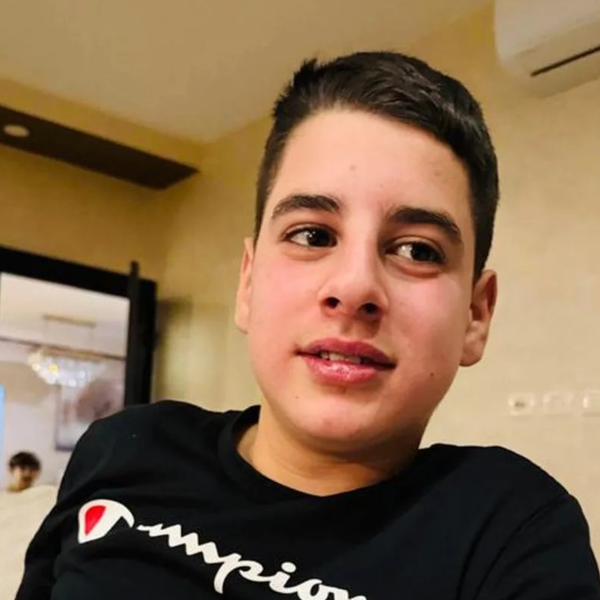Former president of the Maldives Mohamed Nasheed has taken refuge at the Indian Embassy to avoid arrest and has called for the current president to step down.
Nasheed was the first democratically-elected president of the Maldives, and championed the cause of climate change.
Describing Nasheed's ousting from power, politics and author Stephen Zunes wrote in Oct. of 2012:
The nation's first democratically-elected president Mohamed Nasheed was deposed last February, less than four years after celebrating the triumph of a nonviolent pro-democracy revolution. A popular human rights activist and environmentalist who helped lead the struggle against the former dictatorship, Nasheed was - as feared and predicted - finally arrested on October 8 when fifty heavily-armed police in full riot gear and wearing masks broke down the door of a home where Nasheed and some aides were staying on a political visit to a Maldivian island. Despite offering no resistance, former cabinet officials and other pro-democracy activists were attacked with pepper spray.
As president, Nasheed had become one of the world's most outspoken figures in the struggle against climate change, given the impending impact of rising sea levels on his country's survival. Following his overthrow by allies for the former dictatorship earlier this year, he has sought to revive the nonviolent pro-democracy struggle that forced Gayoom to agree to free elections in October 2008, in which Nasheed emerged victorious.
On today's attempt to arrest Nasheed, Reuters reports:
A court ordered Nasheed's arrest after he missed a court appearance on 10 February in a case relating to accusations that he illegally detained a judge during the last days of his rule, police spokesman Hassan Haneef said. "We have received the order and we will be trying to carry it out in accordance with the Maldivian constitution and the order itself."
Nasheed called the arrest order "a politically motivated sham" motivated to disqualify him from running for office.
In a statement released today, Nasheed calls for current president Waheed to step down so that free and fair elections can be held, saying the "Maldivian people must not be robbed of their democratic right to elect a leader of their choosing."



